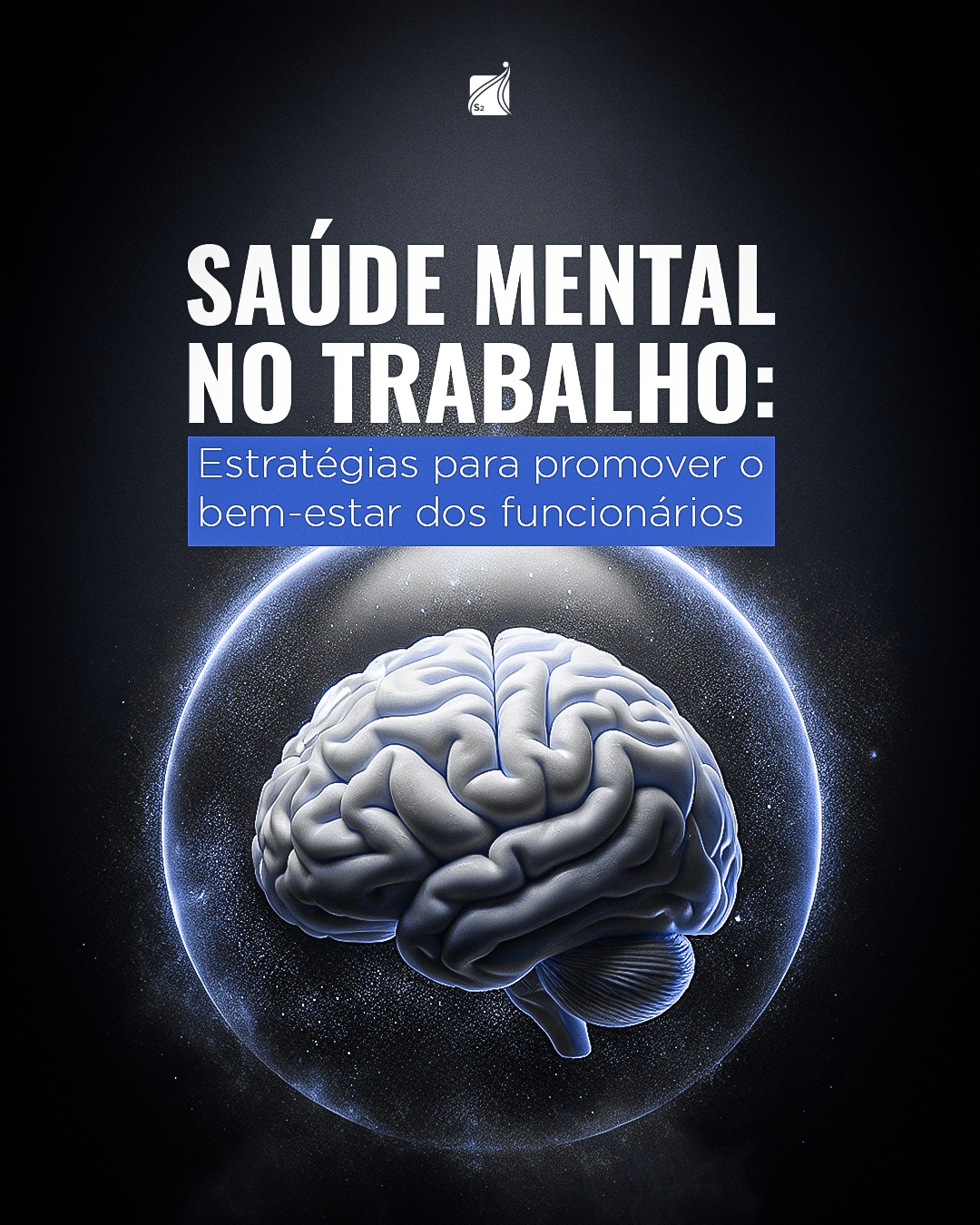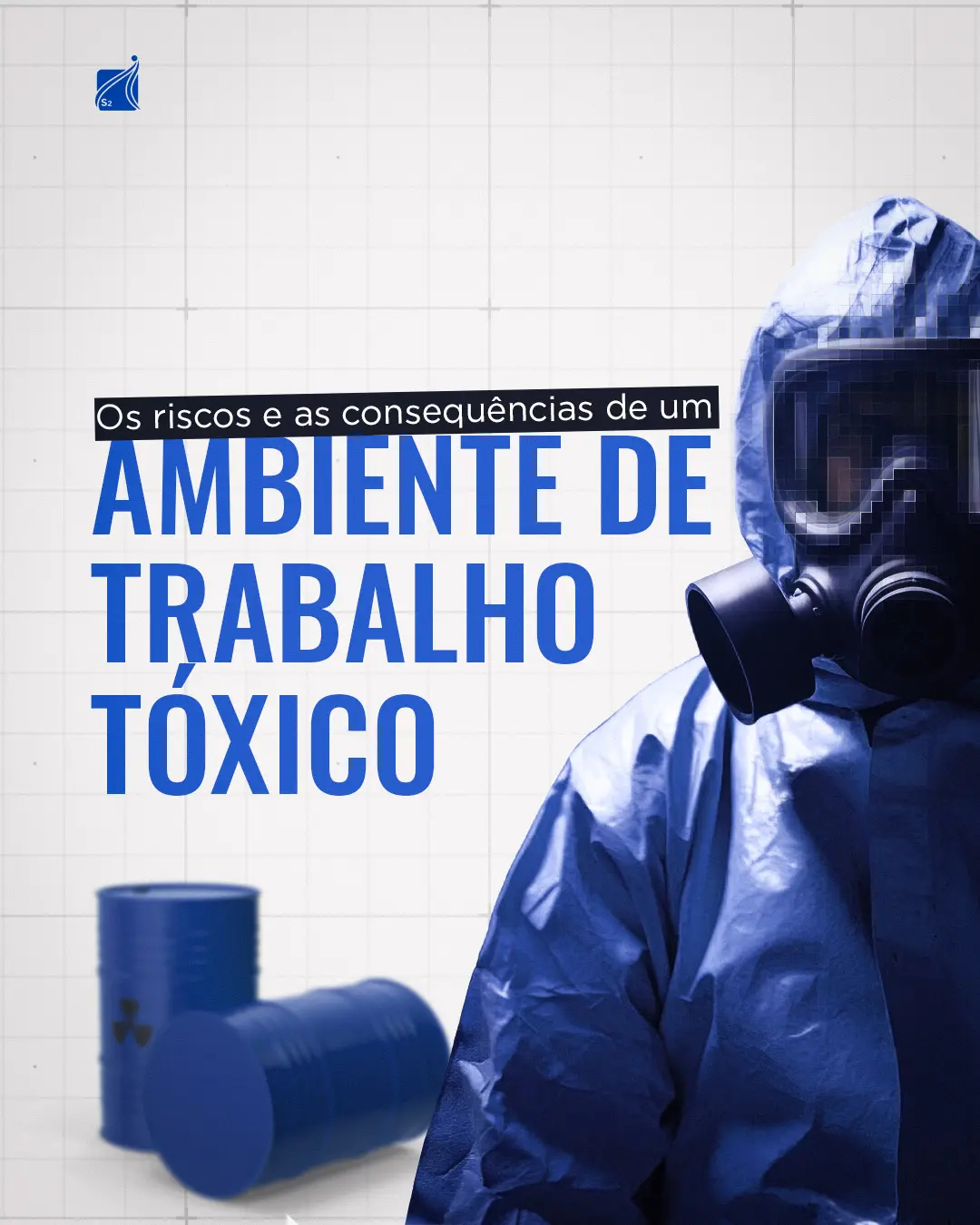
Browse topics
In Brazil, 80% of people have witnessed discrimination at work and only 1/3 have reported it to the company, according to a research by Kantar - a British company specializing in market research.
Did you know that the principle of equality is laid down in our Constitution? Federal Constitution? Article 5 provides for the equality of all before the law, without any distinction. This means that it is a guaranteed right for every Brazilian citizen.
Discrimination is any form of exclusion and distinction of people based on their ethnicity, culture, sex, gender, origin, race, religion, sexual orientation, age, etc.
Discussing the issue and implementing actions to reduce it is essential. Read on and find out more in this special article on discrimination at work!
At what levels does discrimination occur most?
Discrimination can happen in the most diverse contexts and in extremely dynamic ways, and is a reflection of various social interactions. In practice, however, there are two ways of identifying situations of discrimination in everyday life: direct and indirect discrimination.
Direct discrimination
This form of discrimination is more explicit. It uses criteria to implement differences in treatment between people. A practical example, which is unfortunately still very common, is the pay gap between men and women. women.
In Brazil, the gender pay gap has increased over the last year, reaching 47,24%, according to report from Agência Brasil.
Indirect discrimination
Indirect discrimination is what happens in a more subtle way and can go unnoticed by an inattentive eye.
A very common example in organizations is those selection processes in which the selection analysts only invite professionals who have graduated from a federal public university.
5 tips to reduce discrimination at work
We know that we often act in a discriminatory way without even realizing it. Some bad habits are so ingrained in our culture that, at first, we don't realize that we're excluding and hurting someone else.
That's why we've put together 5 tips for reducing discrimination at work and in any social context. See below.
1. Build a culture of diversity
What are the your business values? Review the pillars of your company and include topics to reinforce the importance of diversity and encourage good practices in the organizational context.
It's interesting to call on people who represent the groups that suffer the most discrimination, such as blacks, LGBTQIA+ and women, to help build a culture of diversity in your business.
Do research with your headcount (staff) and also look for information on the market. It is interesting to benchmarking with companies that already have a consolidated diversity culture.
The startups are examples of organizations that were born in the midst of a social context marked by digital transformation and diversity movements, and can be great partners in this construction.
2. Encourage the promotion of empathy
Not everyone is empathetic by nature. However, that doesn't mean that empathy can't be learned. Have you ever heard the expression "kindness breeds kindness"?
She sums up how it is possible to teach empathy and spread it in everyday life. Run campaigns that show your employees examples of empathetic actions.
Your business wins in every way: in addition to contributing to building a fair and equal society, your brand attracts more talent and also manages to have a more positive impact on the customer during their experience.
After all, it's impossible to deliver quality to all customer profiles if you don't have people on your team who know their pain.
3. Consolidate reporting channels
Do your employees have places to report cases of discrimination at work? It's important to develop safe ways for them to report these incidents in the organizational context.
Another point to highlight is: do you know if they are aware of what is considered discrimination?
Many people don't even know what discrimination at work is. We need to consolidate a Code of Business Ethics and train your employees so that they know how to identify these situations, as well as which channels to use to report them.
Put this process in onboarding (welcome) the talents of your business, and do training recycling.
4. Present compliance actions
Often, people don't report things because they don't believe that the compliance the company carries out the necessary investigations, or even punishments where appropriate.
That's why it's essential to develop indicators to show that the department is active and that it is firmly committed to an organization with sustainable development.
Draw up a schedule for publicizing the area's indicators, showing the number of cases reported, investigated and the outcome of the investigations.
One detail that should be highlighted because it could be even more interesting for your business is to keep this information visible and updated on a daily basis. This can be done on your business Intranet, for example. It would be similar to the "impostometer", which measures the taxes paid.
5. Strengthen the degree of reliability
In addition to publicizing the actions carried out by your complianceIt is interesting to carry out a survey to identify the degree of trust your employees have in the sector's performance.
In addition to this, another interesting strategy is to hire a outsourcing (outsourcing) of compliance to bring even more credibility to investigations carried out in the corporate sphere.
Often, when only the Ethics Committee and Compliance -which must be made up of employees from different positions and hierarchies- of the company takes part in the investigation and decision-making process, employees tend not to report it for fear of retaliation.
To bring more credibility to compliance of your organization, count on S2 Consultoria.
With our expertise, we act in the processes of investigating discrimination at work, as well as bringing more security to the selection processes of your business with our methodology PIR - Resilient Integrity Potential.
Build an organizational culture based on diversity and gain more credibility for your company. compliance.
Contact us and learn more about how we can help your organization!


